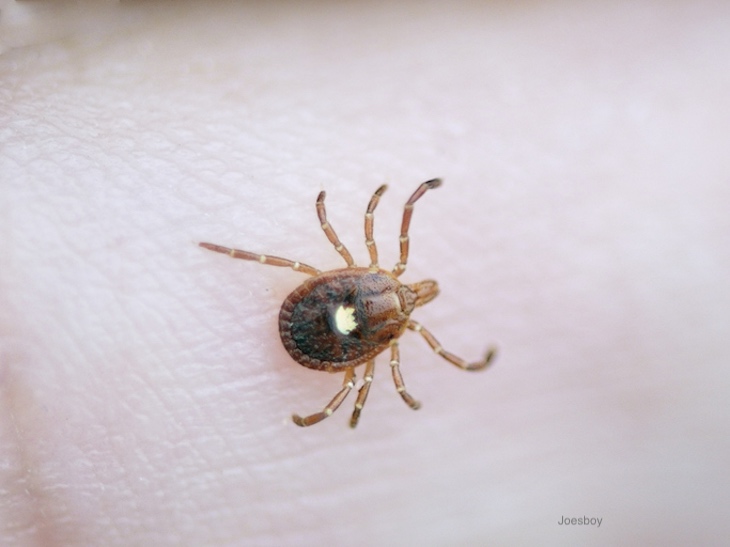The CDC is reporting that meat allergies associated with tick bites are increasing. There are more than 110,000 suspected cases of alpha-gal syndrome (AGS) that have been identified in association with tick bites. But because this diagnosis needs a positive test and a clinical exam, and some people are not teated, the government is estimating that there may be as many as 450,000 Americans affected by AGS.

AGS is a potentially life-threatening allergic reaction. It is also known as the tick bite meat allergy or the red-meat allergy. Knowledge about this reaction is low. The CDC says evidence is growing that AGS is associated with the bite of the lone star tick, but other types of ticks have not been ruled out. The midwestern, mid-Atlantic, and southern regions of the United States have the most cases according to a study released in the CDC’s MMWR for the week ending July 28, 2023.
One study showed that almost half of general practitioners, internists, pediatricians, nurse practitioners, and physicians assistants had not heard of AGS. About one-third said they were “not too confident” in their ability to diagnose or manage patents with this condition.
In another study that was conducted from 2017 to 2022, more than 300,000 specimens were submitted. More than 30% were positive for AGS.
Alpha-gal is a sugar found in meat that comes from mammals and products made from mammals, including cow’s milk, gelatin, and some drugs. Dr. Johanna Salzer, senior author on both papers released today, said in a statement, “The burden of alpha-gal syndrome in the United States could be substantial given the large percentage of cases suspected to be going undiagnosed due to non-specific and inconsistent symptoms, challenges seeking healthcare, and lack of clinician awareness. It’s important that people who think they may suffer from AGS see their healthcare provider or an allergist, provide a detailed history of symptoms, get a physical examination, and a blood test that looks for specific antibodies (proteins made by your immune system) to alpha-gal.”
The symptoms of AGS are varied. People may experience heartburn or indigestion, hives or a rash that is itchy, nausea or vomiting, diarrhea, cough, shortness of breath or difficulty breathing, a drop in blood pressure, swelling of the lips, throat, tongue, or eyelids, dizziness or faintness, or severe stomach pain. People start feeling ill just two to six hours after eating food or exposure to products, such as gelatin-coated medications, that contain alpha-gal.
If you have been experiencing these symptoms, especially after eating meat products or products made with meat, see your doctor. He or she may send you to an allergist for diagnosis and treatment.




